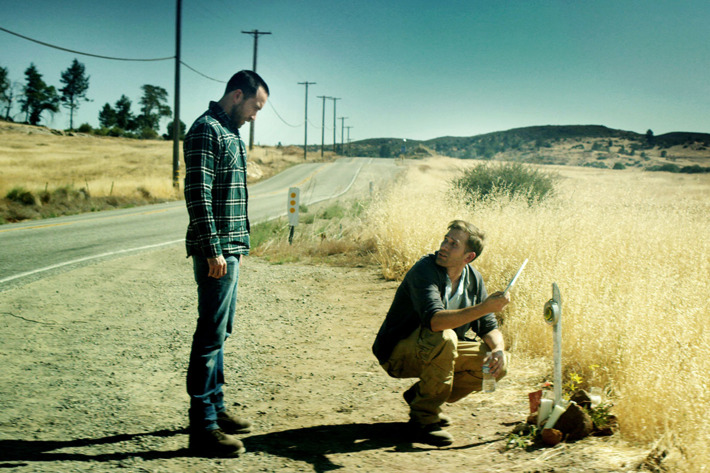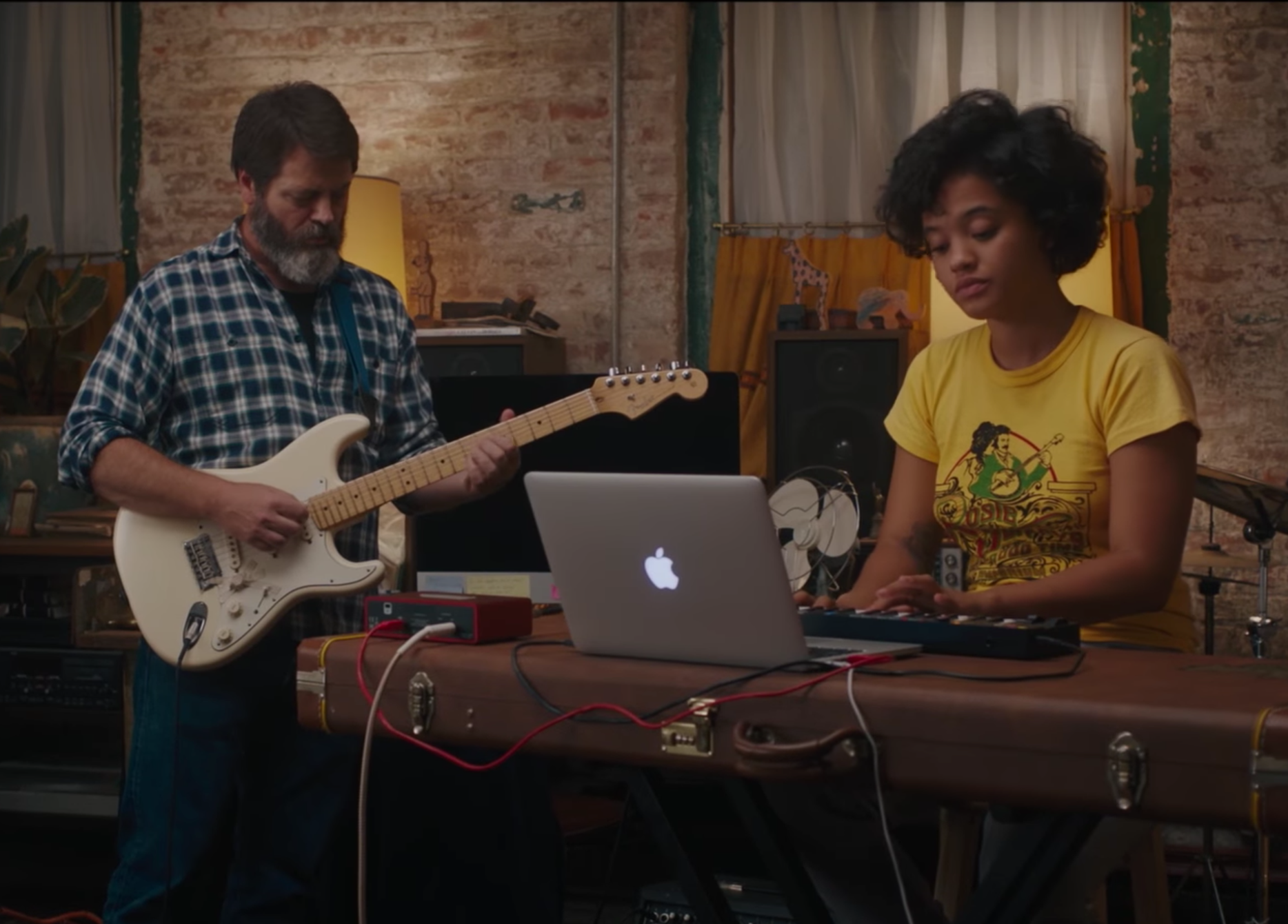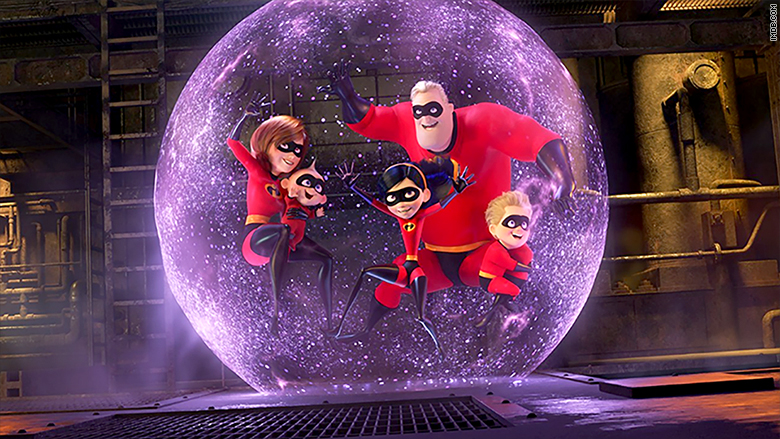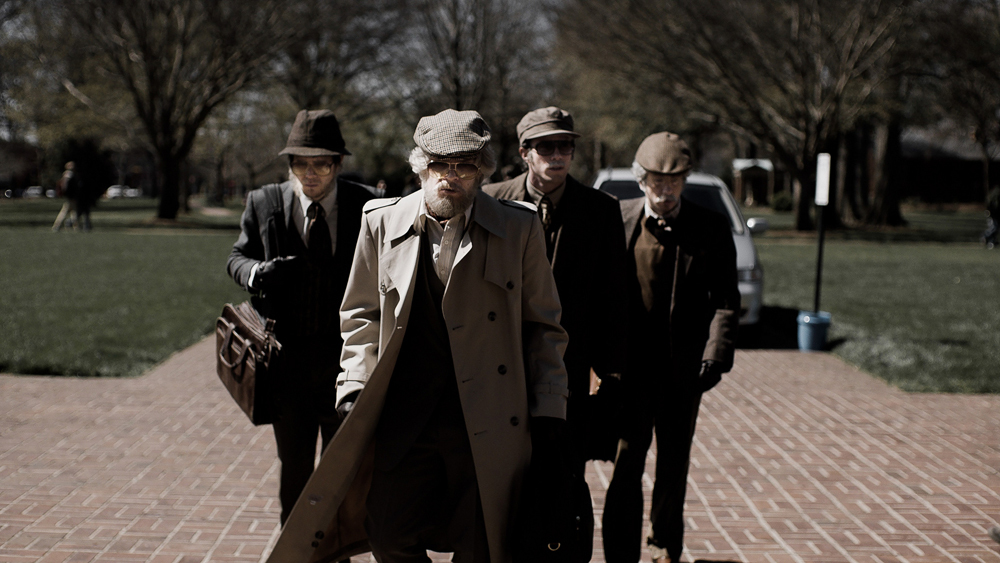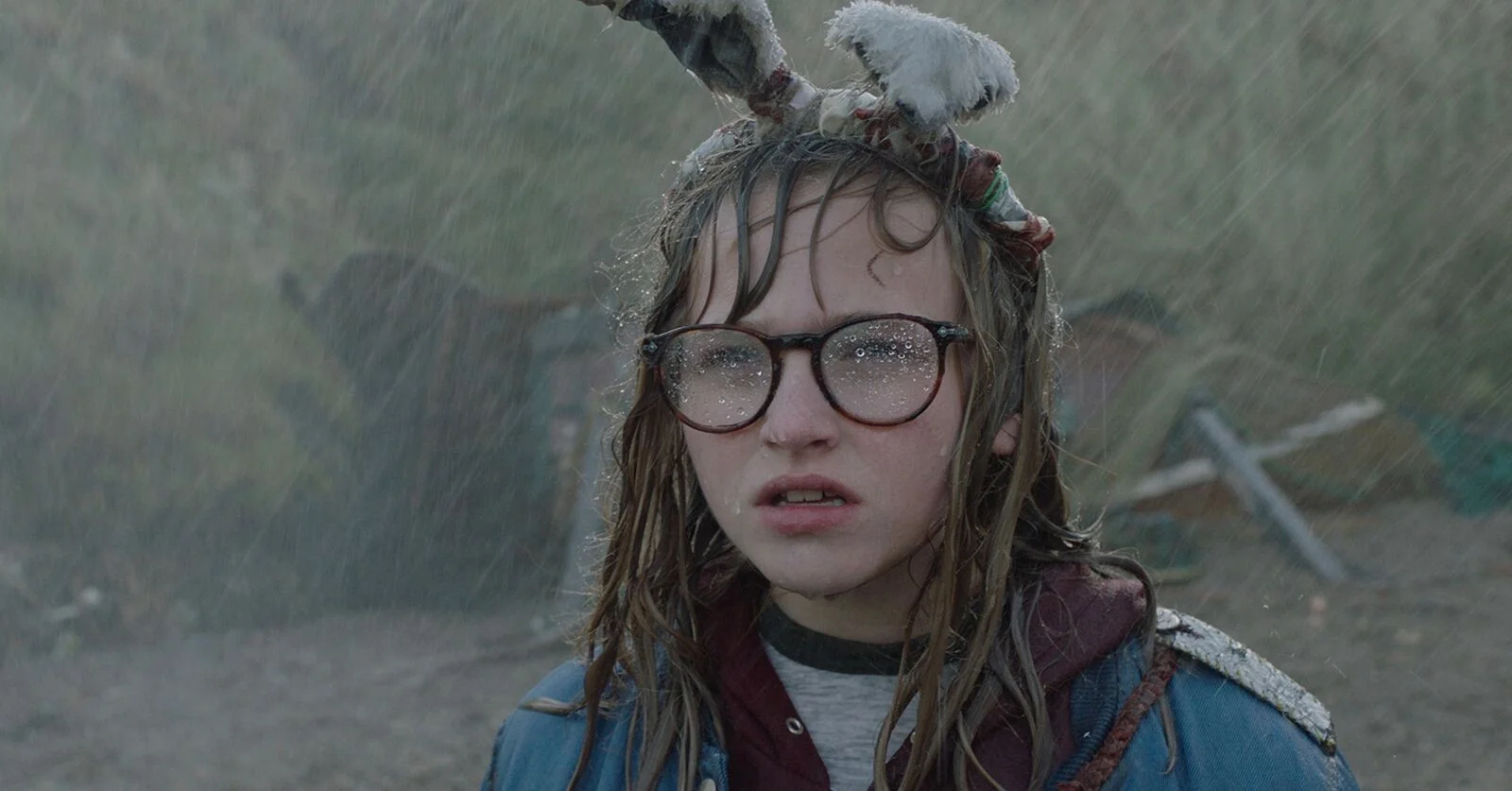File Under 2018 #83: The Endless
/What it's about: Aaron and Justin Smith are survivors of a cult which they escaped 10 years ago. But their lives haven't been great since. Since the crazy media attention of their experiences faded away, they found themselves trapped in crappy jobs with few friends and generally unsuccessful lives. After receiving a mysterious video tape from the cult, people they assumed were all dead, Aaron decides he might as well go back and see if he can find some meaning. Justin is a little less optimistic, more cynical and angry about his past experiences, but he goes along to make his brother happy. They find there that not only is the community still thriving, it doesn't seem like anyone has aged a day over the last decade. Aaron and Justin, now adults with a better level of social understanding, dig into the cult's secrets and begin experiencing strange phenomenon that is both frightening and alluring.
Unorganized thoughts:
As I've been putting myself through this daunting challenge of noting on every 2018 theatrical release I've seen, there have been some ups and downs, natural highs and lows of writing, but The Endless met me with something different. I haven't put off writing about the film [mostly because I don't want these things backing up before I see something else] but I'm here not knowing exactly what to say. The Endless is a strange and perplexing film.
This should have been expected as I somewhat felt the same about the previous film from directorial team Justin Benson and Aaron Moorhead [who also star in The Endless], 2014 horror film Spring. While that film was getting really good buzz from those who saw it, I was a little lukewarm on it. While watching The Endless, though, the strange rhythms and tones felt a little more natural -- seeing Spring was an instructive experience and probably helped me like both films a little bit more.
To put it frankly, I had no idea what was happening through much of The Endless. I was desperately hoping the film had a long and extensive Wikipedia plot to help me suss out everything. I wasn't bored by the film, but I also found myself to get a little sleepy by the end, which didn't help matters.
The complexity of the plot and science fiction elements is both good and bad. Benson and Moorhead obviously want viewers to be uneasy and they really nail that tone. On the other hand, I was constantly trying to find any answers to questions I'm not sure were even pertinent. It could be a frustrating experience.
In some ways, besides Spring, the film that The Endless reminded me most of was Shane Carruth's Primer. This isn't quite as heady but it hits on a similar emotional and intellectual place. There are also elements of something like time travel [though differentiated in a clever way].
The Endless is more successful when it tells its strange story visually and there are definitely enough captivating visuals throughout to carry the sci-fi mystery. Toward the end of the film, however, there is more philosophical thought and scientific explanation happening and most of it just went over my head. Still, the big concepts were shown [in addition to being told] in creative ways -- I never fully understood the looping, for lack of a better term, but it was a cool effect.
This sits in an interesting ground of clearly being a micro-budget film without exactly looking like a micro-budget film. It is really impressive how some of the effects were conceptualized while still being a little rough around the edges. It has a distinctive charm.
Narratively, the cult sci-fi/horror subgenre has received a boost in recent years, especially on the indie side. The Endless does some things differently with the concept to both positive and negative results. One of the biggest differences is that there is no big personality at the center of the community, which keeps the focus on the outsider protagonists and the supernatural. The community feels kind of small, though, only a handful of characters, which gives it a limited scope.
I never found myself invested in the journey of the two lead characters as brothers, though individually I found them compelling characters. Given that the film starts with an unattributed quote about how friends reveal their feeling toward each other while brothers can't, this should have had more of an emotional impact.
Ultimately, I'm curious how The Endless will stay with me. I definitely feel like it is a film that would benefit from a second viewing and I might give it another shot around the end of the year. I can't help but feel this is a film that should have hit me harder, it is totally in my wheelhouse. Already, the specifics are a little fuzzy. The sheer weirdness of everything keeps me afloat.

